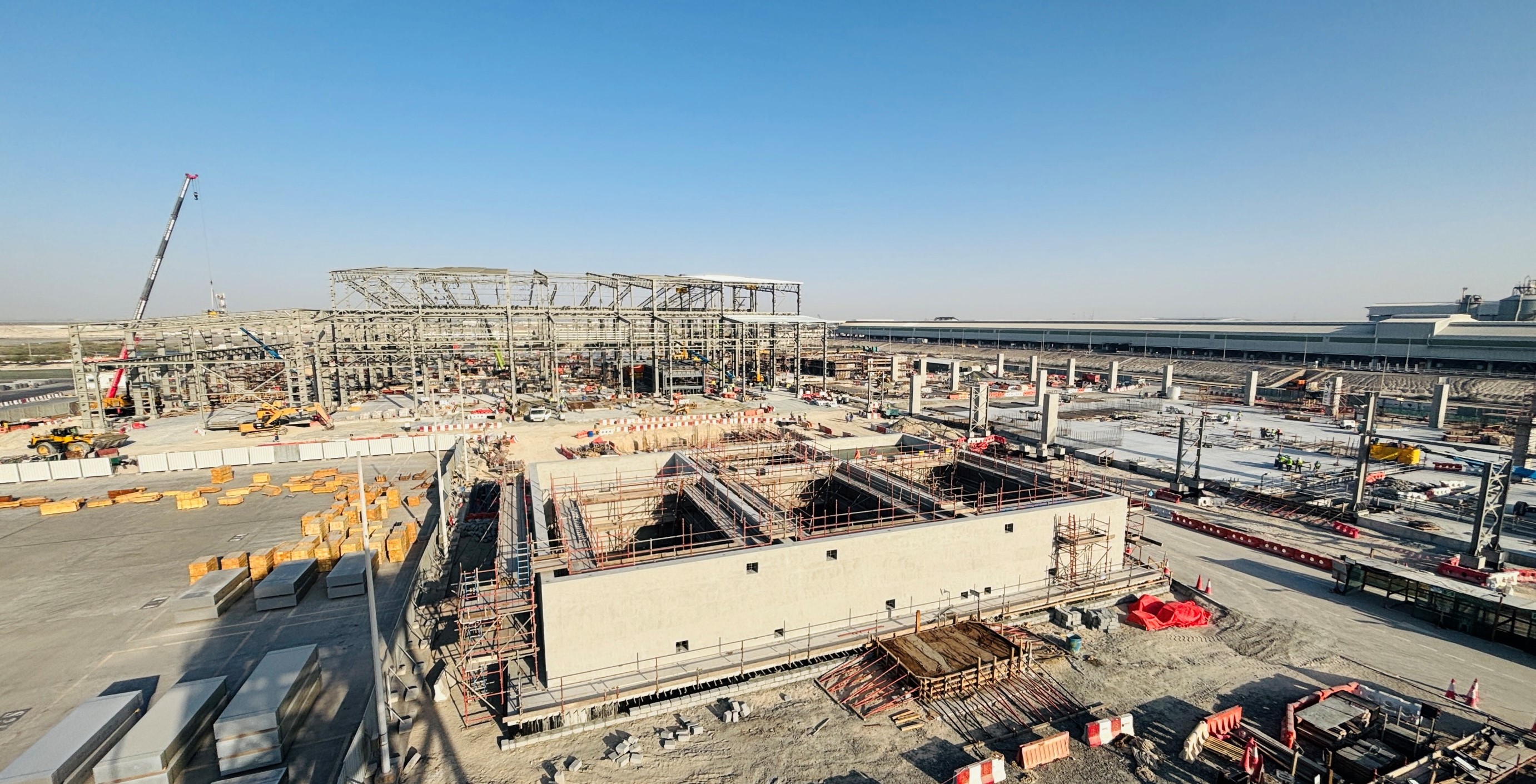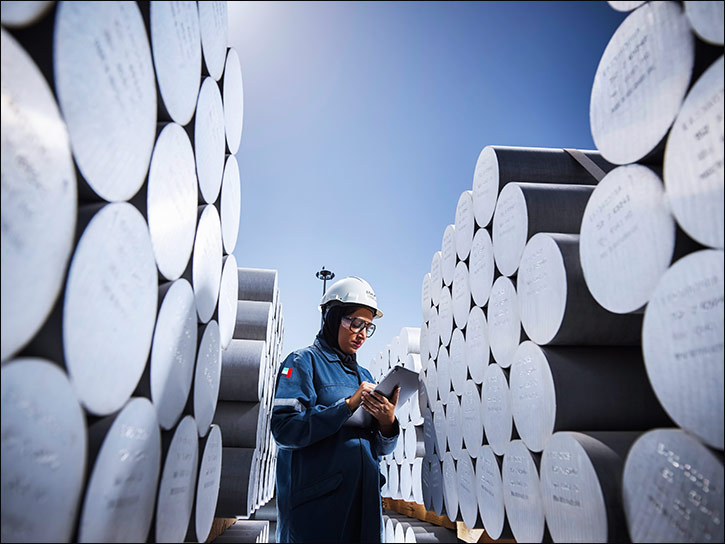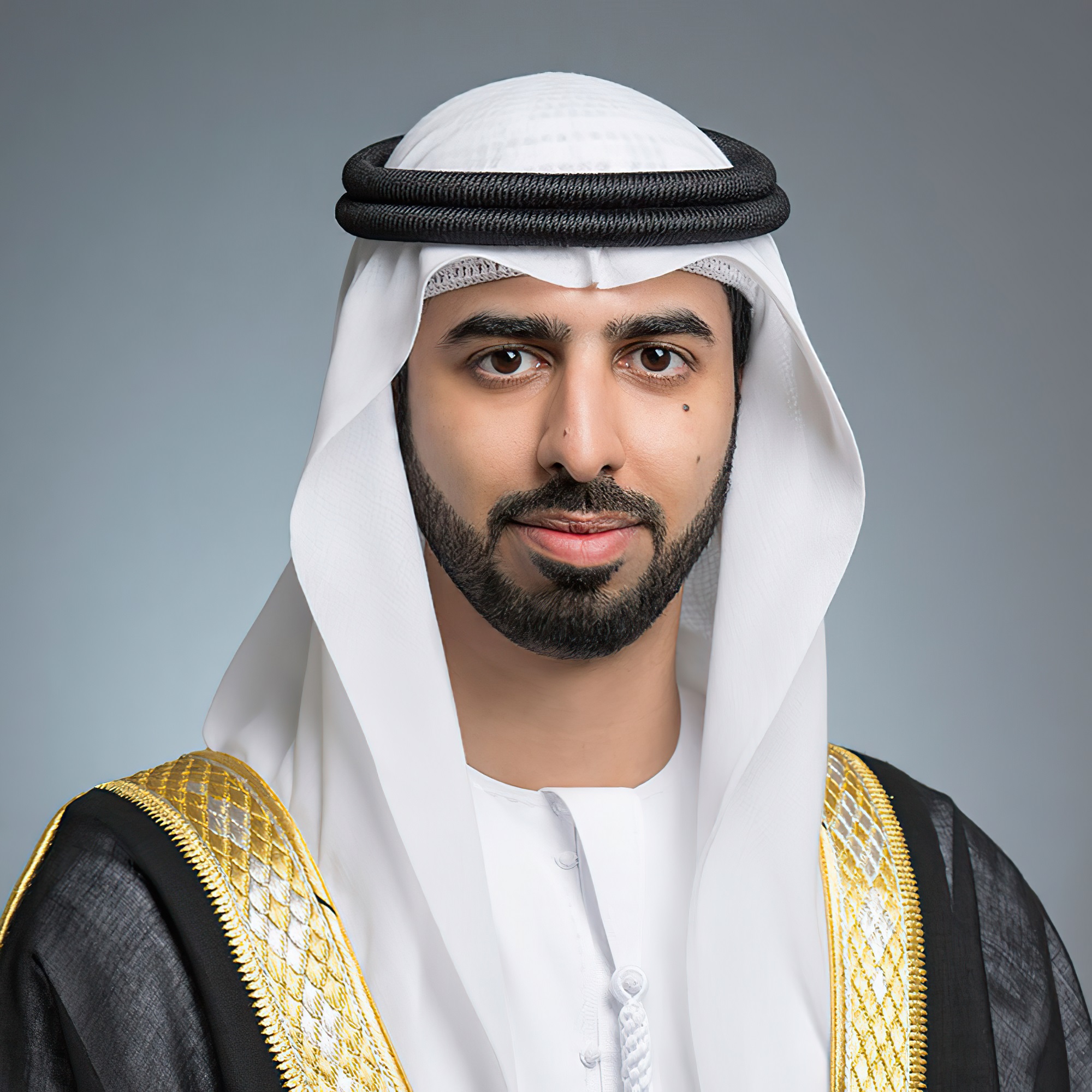More than 5,000 Bangladeshi traders currently dominate UAE’s auto parts and auto service industry, who are planning to invest in at least 50 auto parts factories in Bangladesh
Dhaka, Bangladesh and Dubai, UAE
Date : December 27, 2021
News Highlights:
UAE-based Bangladeshi auto parts traders and auto service providers are planning to invest in setting up a number of parts manufacturing plants in Bangladesh’s fast-growing US$4.42 billion automotive industry.
Representatives of the UAE-based auto parts re-sellers and owners of auto service centres expressed their desire to set up auto parts manufacturing plants in Bangladesh at a recent meeting with the leaders of Bangladesh Automobiles Assemblers and Manufacturers Association (BAAMA), led by Mr Abdul Matlub Ahmad, President of BAAMA and Mr Mohammad Ali Deen, General-Secretary of BAAMA.
Bangladeshi traders dominate the UAE’s automotive aftermarket sector, especially the used auto spare parts market. They are involved in the imports, wholesale, retail, servicing and re-export of the auto parts sector while a large number of them also owns auto electric service centres, garages that takes care of all types of auto servicing and repairs.
Non-resident Bangladeshis own more than 5,000 businesses in the auto service and trading sector spread across some of the key industrial areas, such as Musaffah Industrial Area in Abu Dhabi, Al Ain Industrial Area, Sharjah Industrial Area, Ajman Industrial Area as well as in certain areas of Dubai, Fujairah, Umm Al Quwain and Ras Al Khaimah.
These businesses employ more than 50,000 skilled and semi-skilled professionals who have the complete know-how of maintenance, repair, knock-down, overhaul and re-assembly of various models and brands.
Abdul Matlub Ahmad led a delegation of BAAMA Executive Committee at a seminar organised by Bangladesh Investment Development Authority (BIDA) at Dubai Expo 2020 and to invite UAE businesses to invest in Bangladesh’s growing automotive industry – where the manufacturing and assembly plants rely mostly on imported auto parts.
The annual automobile market in Bangladesh is around US$2.35 billion while annual parts and components market is estimated to be more than US$2.05 billion, according to a research report. More than 4.7 million vehicles are currently registered in Bangladesh of which more than 60 percent are Japanese brands while Indian brands represent 25 percent.
Of the 4.7 million registered vehicles, 66 percent are two-wheelers that have been growing at a compound annual growth rate (CAGR) of 15 percent over the last five years. Bangladeshi automobile assemblers and manufacturers import 35 percent of the parts from China and 30 percent from India, the report shows.
Mohammad Sirazul Islam, Executive Chairman of BIDA, said, “Bangladesh Government is keen to develop the automobile industry to diversify export earnings. The Government has issued Automotive Industry Development Policy, 2020 – recently that will help re-structure the industry and help it grow exponentially in the next few years.
“Due to the growing buying power of Bangladeshi consumers, more and more people will buy cars in line with the change in their lifestyle. Increased public mobility is putting pressure on the infrastructure. That’s why Bangladesh government in investing heavily in expanding roads, highways and building large bridges and tunnels to support the economic growth.
“However, the industry will need massive investment to acquire technology, know-how and produce components to support the automobile manufacturing plants.”
The use of motorized vehicles has increased significantly in the last two decades (2000-2020). There were only 303,215 units of registered motorized vehicles in 2003 in Bangladesh. But up to May 2021, according to Bangladesh Road Transport Authority (BRTA) data, there were 4,729,393 units of registered vehicles in Bangladesh. Among them, 544,616 are passenger cars. The automobile market is again dominated by sedan cars, covering almost 68 percent of that passenger car market. The Remaining 12.40 percent are covered by Sports Utility Vehicles (SUVs) and 19.27 percent are covered by microbus. Due to the increase in purchasing power, mass people are buying vehicles more than ever before.
The Japanese reconditioned cars are dominating the automobile market of Bangladesh for a long time. But, currently the demand for Japanese reconditioned cars is slowly declining. In 2016, reconditioned cars almost covered 92 percent of the demand, and in 2020, it decreased to 82 percent.
In 2020, among the new registered cars, 82 percent are reconditioned or grey market imported, 16 percent are brand new imported, and only 2 percent are locally assembled vehicles.
Abdul Matlub Ahmad, President of BAAMA, said, “The automobile industry is going to be the next big contributor to Bangladesh’s economy if we can attract foreign investment in the automobile component and parts industry, which we currently import for our manufacturing plants.
“The industry is currently catering to the domestic market. However, if we could develop the industry properly, Bangladesh could become a major automobile exporter to the rest of the world – the same way we developed the ready-made garments industry.
“Currently we are scouting for investment in auto parts industry, that could produce vital auto parts to support the local auto assemblers and manufacturers so that we don’t have to import them from other countries,” concluded Abdul Matlub Ahmad, who is also the President of the India-Bangladesh Chamber of Commerce and Industry (IBCCI).
Representatives of Bangladeshi auto parts traders in Sharjah, said they are keen to contribute to the development of the automobile industry.
Mr Mohin Uddin, a leading member of the group and Chairman of Dubai Royal Group, said, “Bangladeshi businessmen have been dominating the auto parts trading and service industry in the UAE for the last three decades. We have experienced and skilled human resources, capital and the know-how. We are ready to invest in Bangladesh to support the industry’s growth.
“However, we need technical and management support to set up factories and develop the industry in Bangladesh. We know how to source and sell parts, repair vehicles. But we do not have experience in setting up factories, industries or in importing machineries to produce auto parts. So, we will need technical support from the industry leaders.”
UAE-based Bangladeshi auto traders said, they are in a unique position to market Made in Bangladesh auto parts in the UAE market that will help the Bangladeshi parts manufacturers expand in the GCC markets.
According to Lightcastle’s research, local and foreign companies will not go for ‘full manufacturing’ in the automobile industry. Because, full manufacturing will only be viable when the local demand of the total automotive industry including passenger vehicles, commercial vehicles and pick-up or transport trucks will reach to 100,000 units. That’s why the majority of automobile investments will go towards assembly plants for SKD and basic CKD assembly of vehicles by 2025.
According to the research, local assembly of vehicles can reduce the overall price of the automobile industry to 15-40 percent by 2025. If the price reduction is achieved, a vast population from the middle to lower-middle class segment will buy family and personal cars. Analysis also shows that the annual sales of personal cars will be doubled and 60 percent of that sales will be covered by brand new vehicles by 2025.
To encompass the opportunity, several companies have already set up assembly plants and some are planning to do so. The first private sector owned assembly plant was established in 2015 by PHP group. They are assembling Malaysia’s ‘PROTON’ branded cars in Bangladesh. Sufi Mohammed Mizanur Rahman, chairman of Proton automobiles, said that they are currently manufacturing Proton Saga 2021 version in their plant. Fair technologies Limited is assembling ‘Hyundai’ sedans, SUVs and MVPs in their plant located in Kaliakoir, Gazipur.
The government of Bangladesh also has a target of having at least 15 percent of all registered vehicles be run by “environment friendly electricity” by 2030. Thus, Local companies are not lagging behind on Electric Vehicle (EV) manufacturing as well. Bangladesh Auto Industries Ltd (BAIL) is building a Battery Electric Vehicle (BEV) plant in Bangabandhu Industrial Park.
Ends









